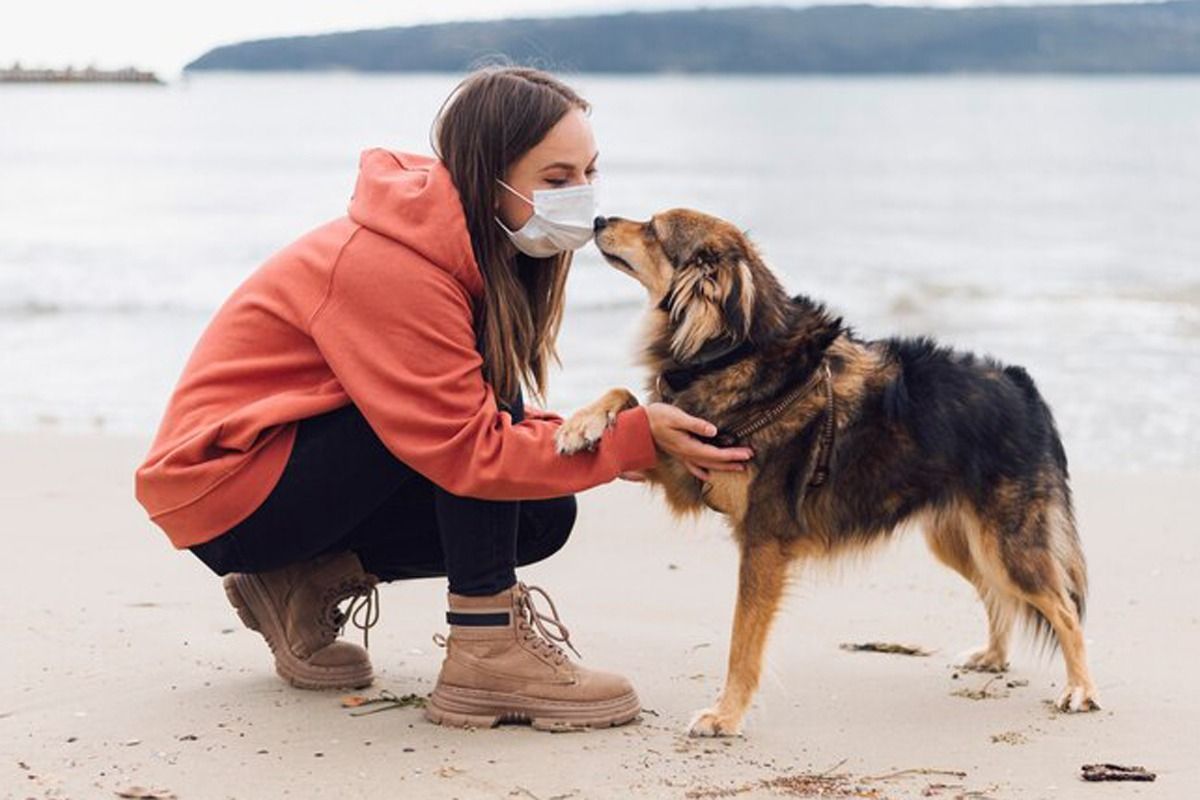
While the COVID-19 virus wreaked havoc on human lives, the healthcare fraternity of the world issued guidelines and medications to curb the impact of this deadly disease. In an attempt to protect ourselves from this virus, the health of our pets can often get overlooked.Also Read – A Guide on How to Differentiate Between a Certified N95 Mask And a Fake One
Although COVID in animals is an uncommon and infrequent occurrence, there have been instances where pets in prolonged contact with infected people experienced concurrent illness. These pets show signs of respiratory and digestive problems. Also Read – 8 Measures to Follow to Boost Immunity if Your Child Tests Covid-19 Positive
If you are diagnosed positive with COVID-19, keep your distance from your pets and other people in the household. Limit contact (including snuggling, licking, petting and kissing) with your pet. Do not share your food or sleep with the pet on the same bed. Always wearing a mask will reduce the risk of spreading the virus. Use a tissue when coughing or sneezing, and dispose of it hygienically out of the reach of your pet. If possible, try to frequently clean and disinfect touched surfaces. Also Read – Indulge in These Healthy Eating Habits to Keep Rheumatoid Arthritis (RA) at Bay!
Seek help to take your pets for walks or to keep them engaged. If you live alone and have no one to look after your pet, follow the safety guidelines implemented for humans. Wash your hands thoroughly before and after touching your pets and doing their chores (giving food and water). Do not attempt to put a mask on them or use chemical detergents or sanitisers on their skin, as they can be hazardous to their health.
If your pet shows signs of illness during a COVID outbreak at home, contact a vet online and follow isolation similar to that recommended for humans. Monitor your pet’s health regularly and speak to a vet immediately if any symptoms appear to get worse. Symptoms are usually rare, but you may notice respiratory problems such as coughing, sneezing, lethargy, inappetence, diarrhoea and vomiting.
(Inputs by Dr Shantanu Kalambi – Chief Veterinarian, Supertails.com)
Stay connected with us on social media platform for instant update click here to join our Twitter, & Facebook
We are now on Telegram. Click here to join our channel (@TechiUpdate) and stay updated with the latest Technology headlines.
For all the latest Lifestyle News Click Here
